At Highest Speak, we believe every child deserves a voice. Here’s why public speaking isn’t just another after-school activity—it’s the foundation for confidence, success, and leadership.
Have you noticed how many kids freeze up when it’s their turn to speak in class—or even when you simply ask how their day was? They’ll text, post, and message all day, but when it comes to speaking in front of real people, their confidence disappears.
At Highest Speak, we see this every day: bright, creative kids who have so much to say—but need help finding their voice. And it’s not just shyness. Something bigger is happening.
The Confidence Gap No One’s Talking About
Across the country, teachers and parents are noticing the same thing—kids are speaking less, participating less, and growing more anxious about being heard.
During the pandemic, classrooms went quiet. Cameras off. Mics muted. Years went by with little chance to practice real conversation or public speaking. And now that school is “back to normal,” many kids feel more nervous than ever about talking in front of others.
Even outgoing students are struggling. It’s not about personality—it’s about actually learning strategies on how to confidently engage, structure what we say, and then practice!
Kids today—and even adults—are highly connected through screens but less connected face to face. They can type endlessly—but when asked to speak aloud, they freeze.
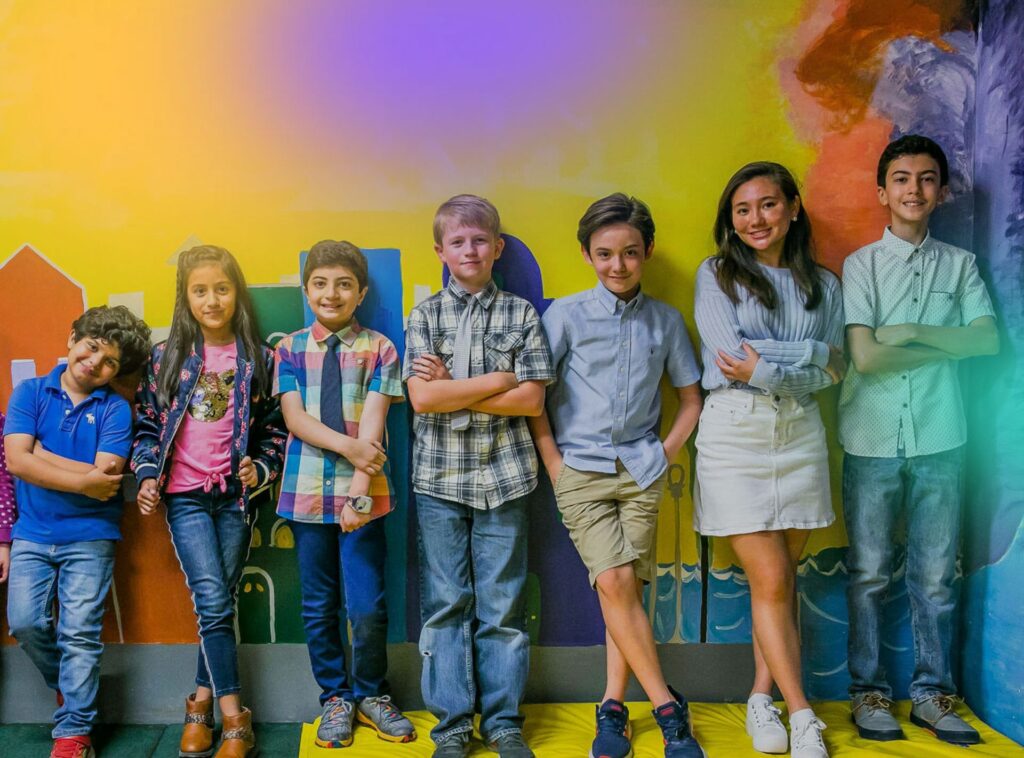
Why Public Speaking Matters (Even for Kids Who Don’t Want to Be Politicians)
Public speaking isn’t just for debate teams or future leaders. It’s one of the most practical life skills a child can learn.
When kids learn to speak up, they also learn to:
- Lead group projects instead of avoiding them
- Ask for help when they need it
- Make friends more easily
- Handle interviews with confidence
- Share ideas clearly and respectfully
In a world that’s becoming more digital by the day, the ability to look someone in the eye and speak with confidence is becoming more valuable—not less.
Employers already say that communication is the #1 skill new graduates are missing. But it starts long before the workplace—it starts right now, in elementary and middle school.
Confidence and Communication Are Tied to Mental Health
We also can’t ignore the mental health impact.
When kids feel confident expressing themselves, it reduces anxiety, builds self-esteem, and helps them navigate challenges in healthy ways. Being able to share their thoughts out loud—without fear of judgment—gives kids a sense of control and belonging.
Mental health is one of the biggest challenges our country faces right now. Teaching kids how to communicate openly and confidently isn’t just an academic skill—it’s a form of emotional support.
It’s as Essential as Reading, Writing, and Math
Think about it—how will kids express how they solved a complex math problem if they’re afraid to speak up?
Yet public speaking is still often seen as just one of the many items on a long list of activities—math tutoring, sports, music, dance, and more.
But it shouldn’t be just another item. Public speaking needs to be at the top of that list, because this is the skill that supports everything else. It helps kids share ideas, connect with others, and shine in every part of their lives.
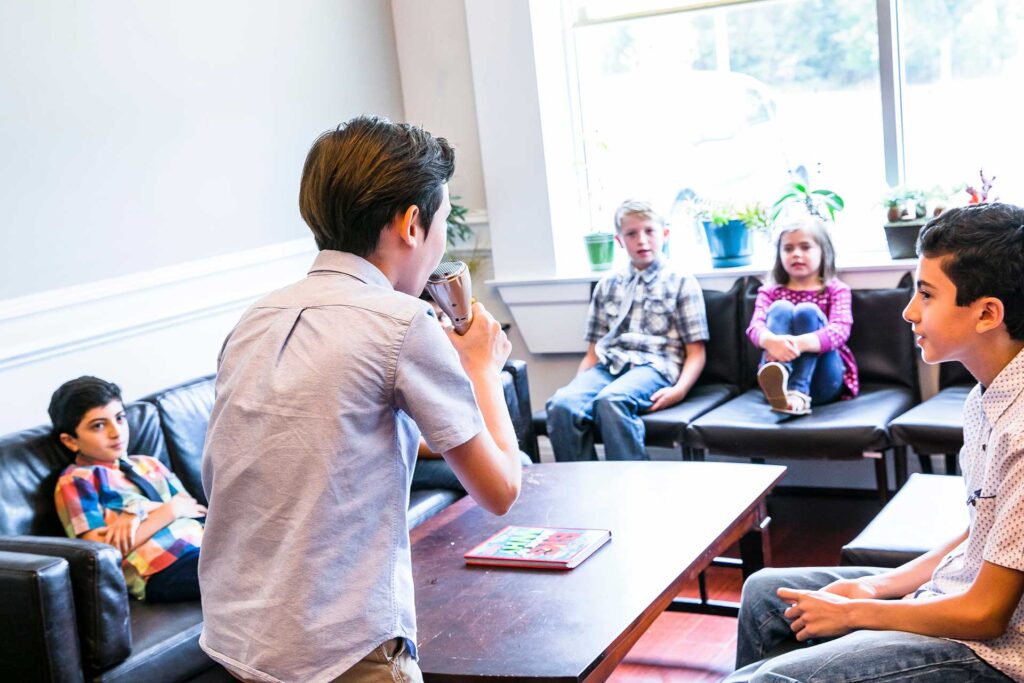
The Solution: Make Public Speaking a Focus
If we want our kids to grow up confident, expressive, and ready for the world, we can’t treat public speaking as an optional skill. It’s as foundational as literacy and teamwork.
Here’s what makes the difference:
- Start Early. Kids should start speaking in front of others when they’re young, before fear sets in.
- Make It Fun. Games, storytelling, and creative presentations build skills naturally.
- Encourage, Don’t Embarrass. The best learning happens in safe, supportive spaces where mistakes are okay.
- Apply Positive Speaking Habits Daily. Confidence comes from using these skills every day—in conversations, at school, at the dinner table—not just during a big presentation.
- Connect to Real Life. When kids give speeches about things they care about—animals, sports, their favorite games—they find joy in being heard.
A Call to Action
We don’t need to raise a generation of professional speakers. We just need to raise a generation that isn’t afraid to speak.
Every child deserves the confidence to stand up, share an idea, and believe their voice matters.
That’s what we do at Highest Speak—help kids build the courage, clarity, and joy that come from communicating well.
Our future leaders are already here.
They just need the microphone.

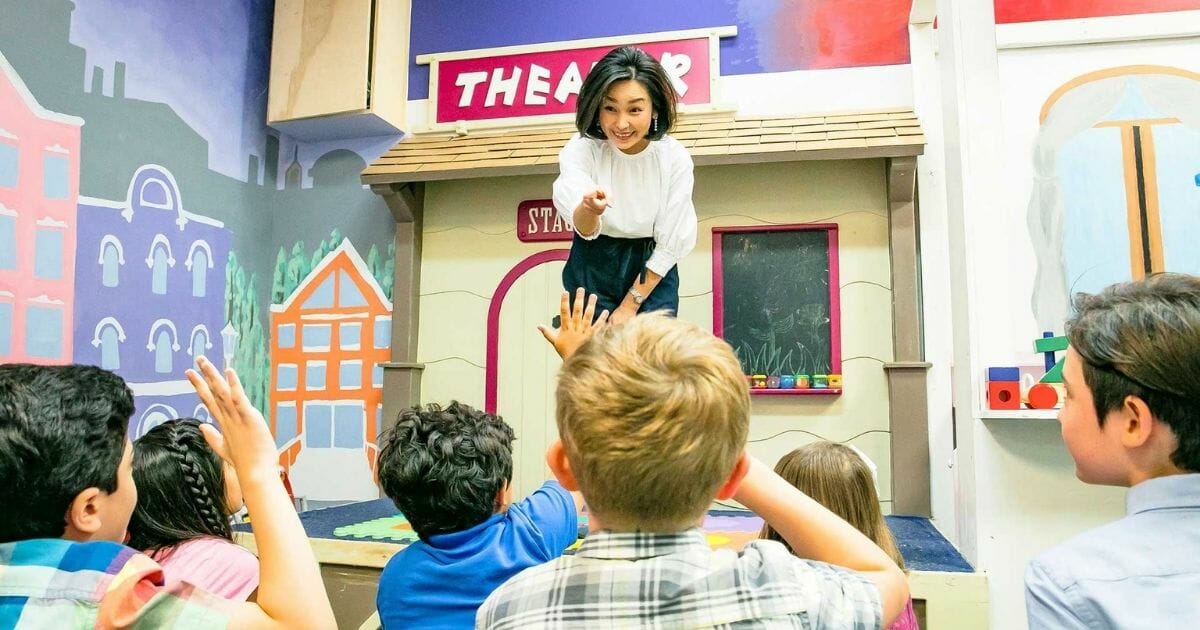
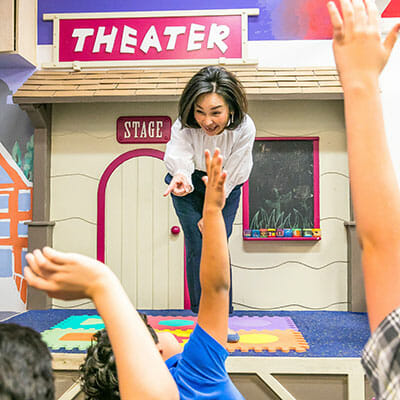

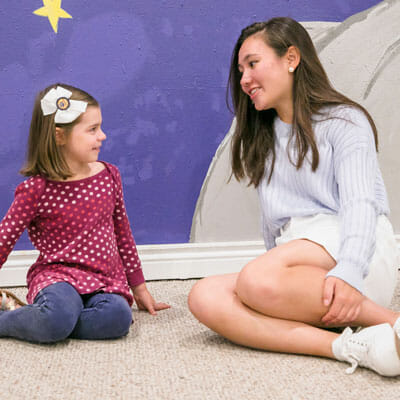
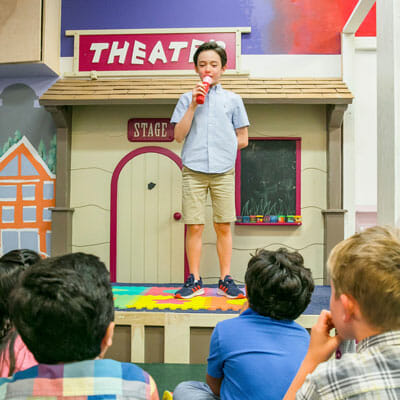
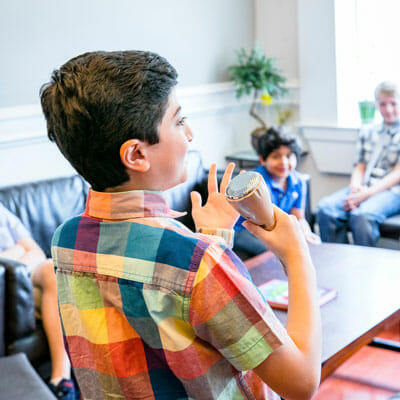
0 Comments